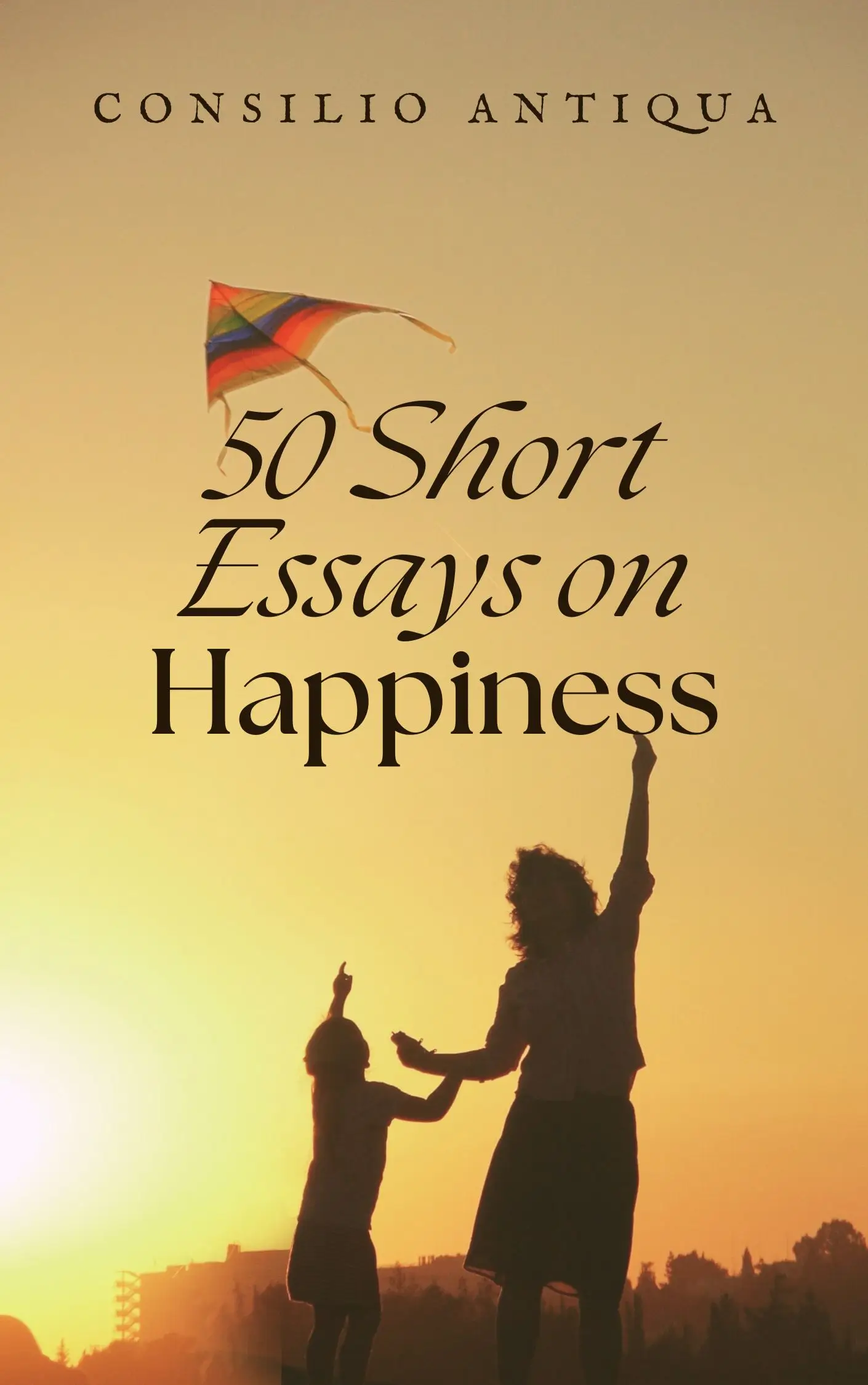
50 Short Essays on Happiness | Chapter 43. The Happiness of Routine
Chapter 43. The Happiness of Routine
The Comfort and Stability of Routine in Daily Life
Routine, often perceived as monotonous, can be a powerful tool for enhancing happiness and well-being. By establishing a structured schedule for daily activities, individuals can experience a sense of comfort, stability, and control that contributes to a more fulfilling life. A well-defined routine can reduce stress, improve productivity, and foster a sense of purpose, ultimately leading to increased happiness.
The structure of a routine provides a framework for managing time effectively. By allocating specific time slots for different activities, individuals can minimize the potential for procrastination and maximize their productivity. This structure eliminates the need for constant decision-making about what to do next, freeing up mental energy for other tasks. For example, dedicating a specific hour each morning to work-related tasks can lead to greater focus and efficiency, leaving the rest of the day for personal pursuits.
A routine fosters a sense of control and predictability, which can be especially beneficial during times of uncertainty or stress. In a world where change is constant, having a consistent structure can provide a sense of stability and anchor individuals in their daily lives. Knowing what to expect each day can reduce anxiety and promote a feeling of calmness. For example, following a regular sleep schedule can help regulate the body's natural rhythms, leading to improved sleep quality and reduced stress levels.
However, the benefits of routine extend beyond mere structure. Flexibility within a routine is crucial for adapting to changing circumstances and ensuring that it remains a source of comfort rather than a rigid constraint. Individuals should be willing to adjust their schedules as needed, accommodating unexpected events or changes in priorities. For example, if a work deadline requires extra time, it might necessitate shifting some personal activities to a later time, demonstrating the adaptability of a well-designed routine.
What People Who Excel in Routine Do (and Don’t Do)
People who excel at establishing and maintaining routines often share common habits and mindsets that set them apart. Here's a glimpse into their approach to structuring their days:
What They Do:
- Prioritize and Plan: They identify their most important tasks and activities and allocate time for them accordingly, ensuring that essential commitments are fulfilled.
- Set Realistic Goals: They avoid overloading their schedules with too many activities, setting achievable goals that are aligned with their values and aspirations.
- Embrace Time Management Techniques: They utilize tools like to-do lists, calendars, and time-tracking apps to stay organized, prioritize tasks, and manage their time effectively.
- Practice Self-Discipline: They resist distractions and temptations, staying focused on their planned activities and avoiding procrastination, allowing them to stick to their schedule.
- Schedule Time for Rest and Relaxation: They recognize the importance of breaks and downtime, incorporating periods of rest and relaxation into their routines to prevent burnout and maintain a balanced lifestyle.
- Adapt and Adjust: They are flexible and adaptable, willing to modify their routines as needed to accommodate changing circumstances and priorities, ensuring that their schedule remains relevant and effective.
- Focus on Consistency: They prioritize consistency over perfection, understanding that minor deviations from their routine are inevitable, but striving to maintain a consistent schedule overall.
What They Don’t Do:
- Overcommit: They avoid overcommitting to too many activities, recognizing that a manageable schedule is more sustainable and less likely to lead to stress or overwhelm.
- Neglect Their Needs: They don't neglect their physical and mental well-being, ensuring that their routines include time for exercise, healthy eating, and activities that bring them joy and fulfillment.
- Procrastinate: They avoid procrastinating on important tasks, instead tackling them promptly and efficiently, ensuring that they stay on track with their schedule.
- Multitask: They avoid multitasking, understanding that focusing on one task at a time leads to greater productivity and reduces the risk of errors.
- Fear Flexibility: They don't fear adjusting their routines when necessary, recognizing that flexibility is essential for adapting to changing circumstances and maintaining a healthy balance.
- Become Rigid: They don't become overly rigid or inflexible, allowing for some spontaneity and improvisation within their structured framework.
- Ignore the Importance of Breaks: They don't neglect the importance of regular breaks, recognizing that stepping away from tasks and engaging in activities that bring them joy can enhance both productivity and well-being.
Exercise: Creating Your Personalized Routine
To begin creating your own personalized routine, take a moment to reflect on your values, goals, and priorities. Consider the activities that are most important to you and allocate time for them in your schedule. This could include work, exercise, hobbies, spending time with loved ones, or personal development activities.
Once you have identified your core activities, create a rough schedule that outlines the general flow of your day. Be sure to include time for both work and leisure, ensuring that you are allocating enough time for activities that bring you joy and fulfillment.
As you begin to implement your routine, be patient and flexible. It may take some time to find the perfect balance and adjust your schedule to fit your needs and preferences. Don’t be afraid to experiment with different approaches and make adjustments as needed.
Remember, a routine is a tool for improving your well-being, not a rigid set of rules. By embracing the structure and flexibility of a routine, you can create a more fulfilling and happier life, one that is both productive and enjoyable.
